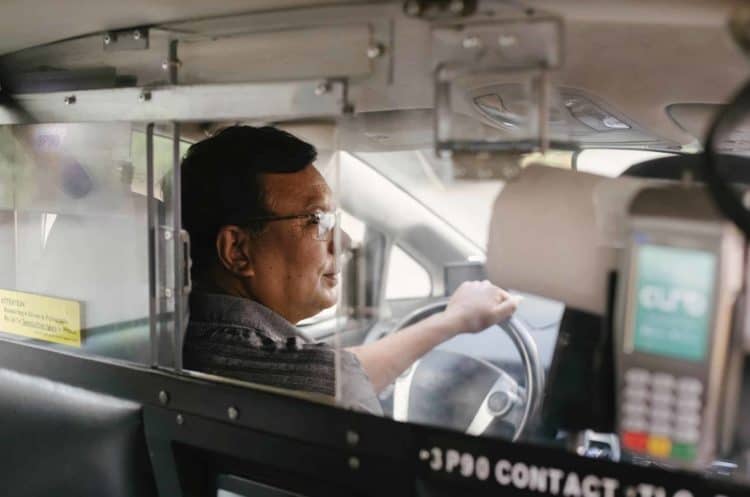We use our mobile wallet to grab a coffee, hop on the bus with a wave of a credit card and pay bills from our phone on the morning commute; digital payments are an integral part of urban life for many of us in Asia.
But imagine using your finger to pay for groceries at a vein-pattern checkout scanner. Or completing your takeout order from your fridge, buying movie tickets using your car’s navigation system, or installing a smart landing pad on your balcony to pay for items delivered by drone.
The rapid development of the Internet of Things (IoT) is transforming the digital payment environment. These that are possible somewhere in the world, are forming an expanding version of IoT - Internet of Payments (IoP), which enables payment over IoT devices.
Use cases
In the meantime, we see the pandemic fuelling countries toward cashless societies. India's Prime Minister has encouraged the use of digital payments during the pandemic. Kyash, a Japanese-based digital wallet provider, raised $45 million recently to help Japan convert to a cashless economy. South Korea's central bank said in March it would aim to take all banknotes out of circulation for two weeks and would burn some of the bills to reduce the spread of the virus.
In Singapore, a chain of self-service laundry stores named Happy Families Laundromat implemented the country’s first Online-to-Offline (O2O) digital payment for in-store laundry-goers with the support of KuikPay. It decreases the usage of cash and coins which is regarded as virus-spreading in the post-pandemic world.
IoT devices with IoP capabilities are gaining momentum from this trend in creating a cashless business environment and better customer services. According to Statista’s research conducted in November 2019, there could be around 75 billion connected devices globally by 2025, with most having payments function.
IoT is growing and it’s shifting the way businesses interact with people. In the past, self-service laundromats used coin- or token-operated machines. The new system lets customers pay for laundry services and activate an IoT-enabled washer or dryer right from their mobile device or an in-store kiosk.
It is a good example of how IoT provides benefits to operators of coin-based business. They save time in coin-counting and paying extra bank charges like coin-handling fees. Additionally, it also attracts a group of high-spending tech-savvy consumers who are highly receptive to new innovations.
Benefits
The benefits have undoubtedly accelerated the adoption of IoP services in smart cities. Payments and IoT are ready to intersect with each other and disrupt the market. To ensure an efficient and secure user experience, and deliver benefits for the company itself, here are the four key digital technologies that businesses should pay attention to:
- In-app payment for seamless checkout: Providing QR code for users to scan and click to pay in the app, triggering the IoP platform to activate the devices. This enhances the customer experience, replacing inconvenient coins, tokens or cards with just a smartphone for a fast and seamless checkout.
- Tokenization for secure one-click payment: All payment information, including the card number and expiry date, is stored securely in-app through an encrypted token. This enables fast and secure one-click payment without the need to present a physical card or to re-enter information.
- IoT to enable equipment to accept digital payments: The system’s IoT technology establishes a secure device as a machine communication channel, which enables traditional electronic and robotics equipment to accept digital payment. This provides a more cost-effective cashless digitalization solution than was previously possible, along with ease of use for the store customer.
- Cloud-based CRM to drive business improvements: Leveraging big data analytics and artificial intelligence, a centralized customer relationship management (CRM) solution in the cloud generates meaningful insights from the data the system collects. This helps the business operator improve store layout, offer relevant promotions to increase traffic and spending during festival seasons or special weather conditions.
Business operators are required to adapt to the rapidly changing world and constantly evolving customer preferences to stay competitive in the market.
Therefore, it’s crucial for businesses to get ahead by updating their payments infrastructure and solutions through a trusted expert in the payments industry, who can help them connect with customers at every point of commerce.



